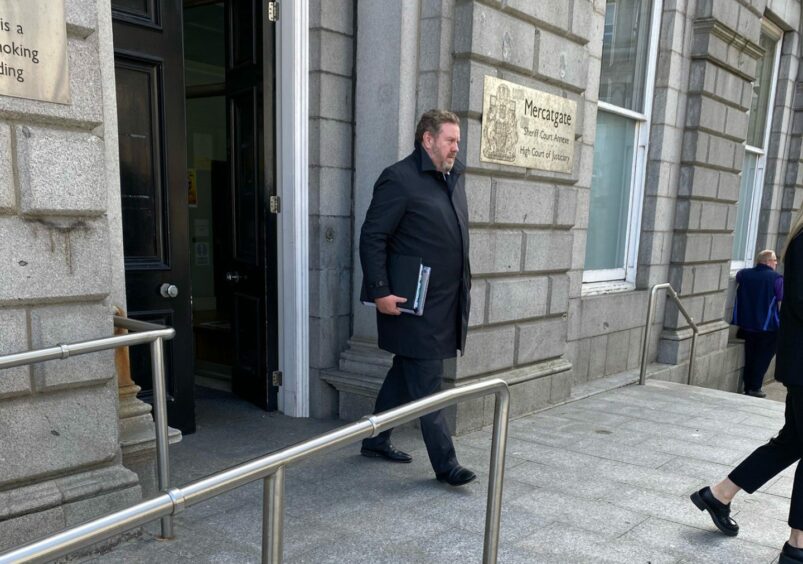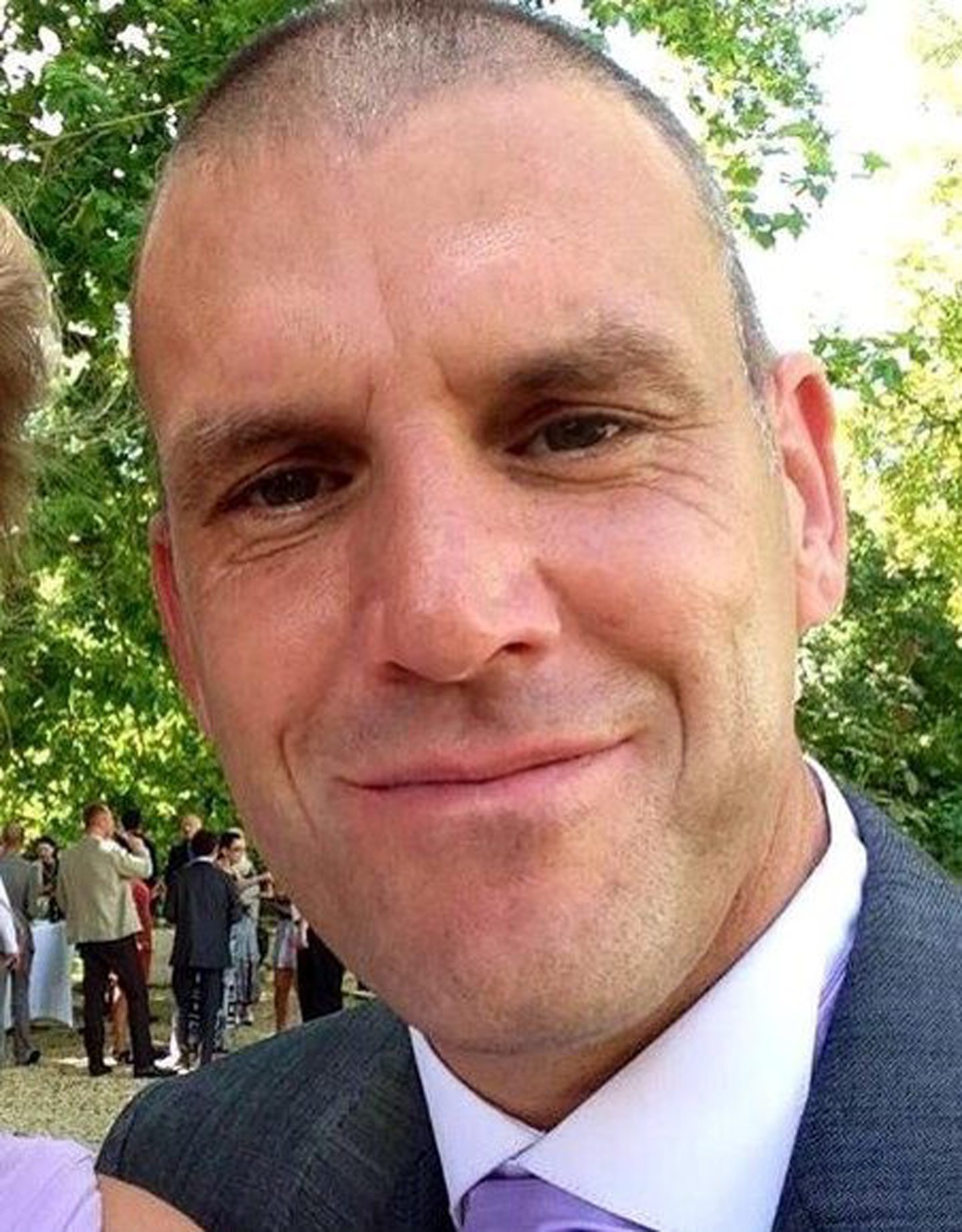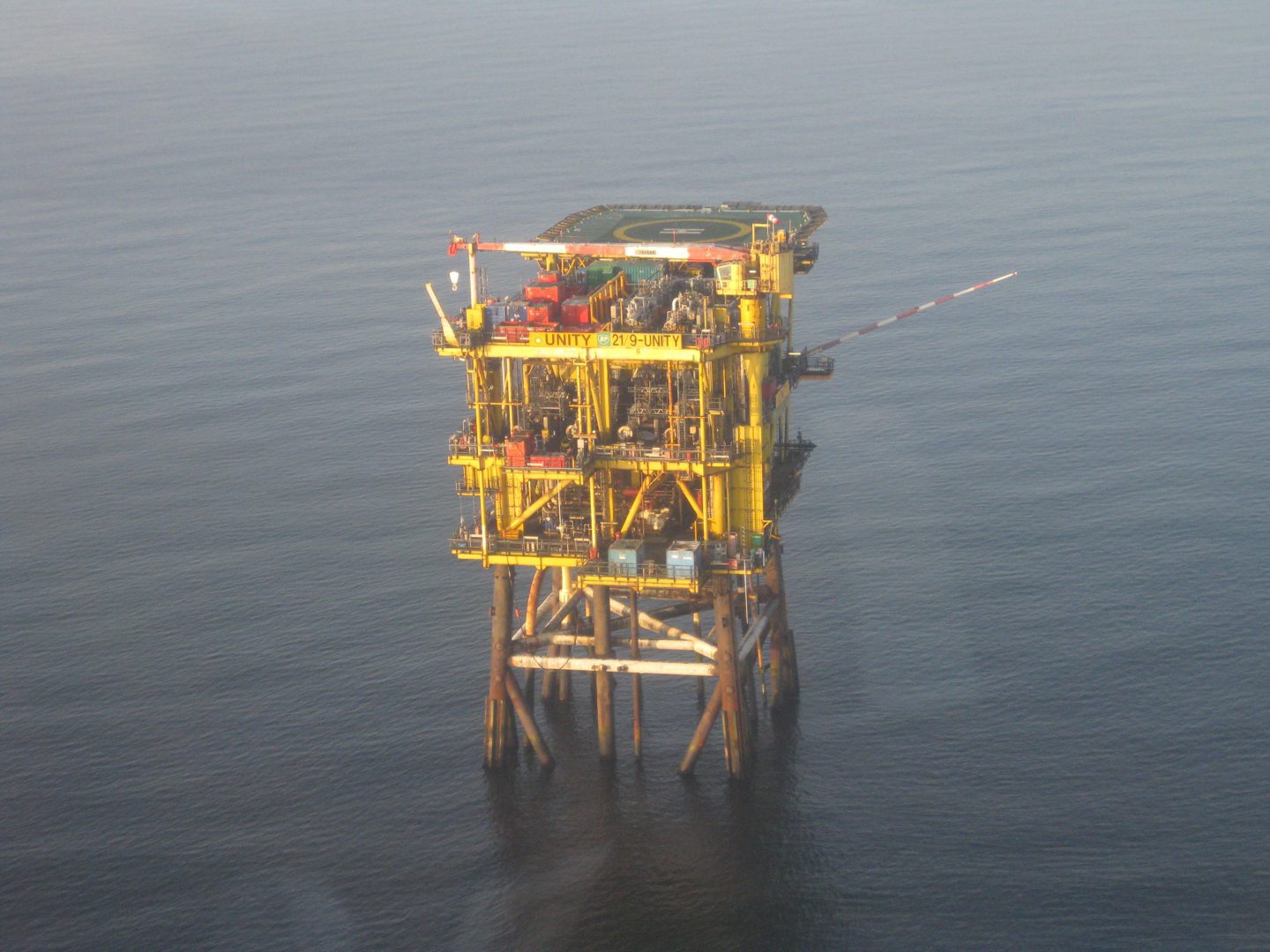
An Aberdeen trial has heard how “safety and cost” were weighed up on a BP (LON: BP) platform where a man died.
Sean Anderson was working on BP’s Unity rig, an unmanned pumping station in the Forties Field about 110 miles north-east of Aberdeen.
Aberdeen’s sheriff court heard how the 43-year-old multi-skilled scaffolder fell about 72ft (22m) through an open hole on the rig’s deck into the water below at around 4am on September 4, 2014.
Mr Anderson had suffered “serious head injuries” and was found lying face down in the water.
Gareth Smith, 43, had been the OIM on day shift in the hours before Mr Anderson’s death.
He told the court he was woken to the news that there was a man overboard but “could not fathom” how that had happened.
He said BP’s working procedures would try and reduce risk to as low as reasonably practicable, adding there was a balance between “safety and cost”.
He told the court that it was one of the fundamental rules of any company in the North Sea that you should not cross a “hard barrier”, adding: “Just like I wouldn’t expect anyone to climb over the hand rail and jump off the platform into the sea.”
The court was shown a hand over note which Mr Smith received at the start of his shift, from the night OIM, Les Jappy.
Within it were the lines: “under deck netting is pulled out at Scott [riser]”, about the
open deck grating – “the barriered off area of deck right beside Scott [riser] – can you ask Duncan if he recalls what that is open for as it’s been like that for ages.”
Fiscal Kelly asked him if procedures had changed on the Unity platform since the accident and he said now any open gratings would be covered by wooden boards to make sure no one fell through them.
The court was told the conditions that night had been foggy and dark and Mr Anderson had not been found wearing a life jacket, harness or survival suit.
John Crawford, now a civil engineer, but at the time of the accident he was working on the Unity as a painter.
He told the court the night shift team had been having a break in the tea shack just an hour before Sean died, but were told to “look busy”, adding: “the management didn’t want us to sit around not working.”
He became aware that Sean had gone overboard and described the scene, saying: “Tony was absolutely screaming”.
Mr Crawford told the court that the part of the deck where Sean had been working was badly lit, adding: “I think there was something wrong with the lights over in that area.”
Gary Robinson, 39, and a rope access technician at the time of the accident said he had also heard the man overboard shout.
He agreed the lighting was not good and said: “At first I thought they were
messing around. I tried to look underneath to see if he was hiding.”
Fiscal depute Kristina Kelly told the jury that Mr Anderson had been working night shifts during his stint on the Unity and had been part of a maintenance team contracted by Cape Industrial services who were carrying out scaffolding and rope access work.
A rescue craft from the neighbouring accommodation vessel Olympic Orion took him back aboard, but no pulse could be found. He was seen by the ship’s medic, June Harper, who carried out resuscitation attempts until a paramedic arrived by helicopter at 0545.
The paramedic pronounced him dead shortly after before 6am and Mr Anderson’s body was transferred by helicopter to Aberdeen.
A post mortem later showed the cause of death was serious injuries to his head and chest sustained as a result of a “descent into the sea” from the oil installation.
It was recorded that he had suffered very severe and “predictably immediately” fatal head injuries, with extensive fracturing of the skull.
Toxicology results showed no signs of alcohol, drugs or gas poisoning – and no signs of natural diseases that would have resulted in his death.
Defence counsel Murdo Macleod KC said at the trial BP denies being in breach of the Health and Safety at Work Act.
The trial which is being heard by Sheriff Graham Buchanan, continues.

 © Supplied by Sparrows/ Ineos
© Supplied by Sparrows/ Ineos